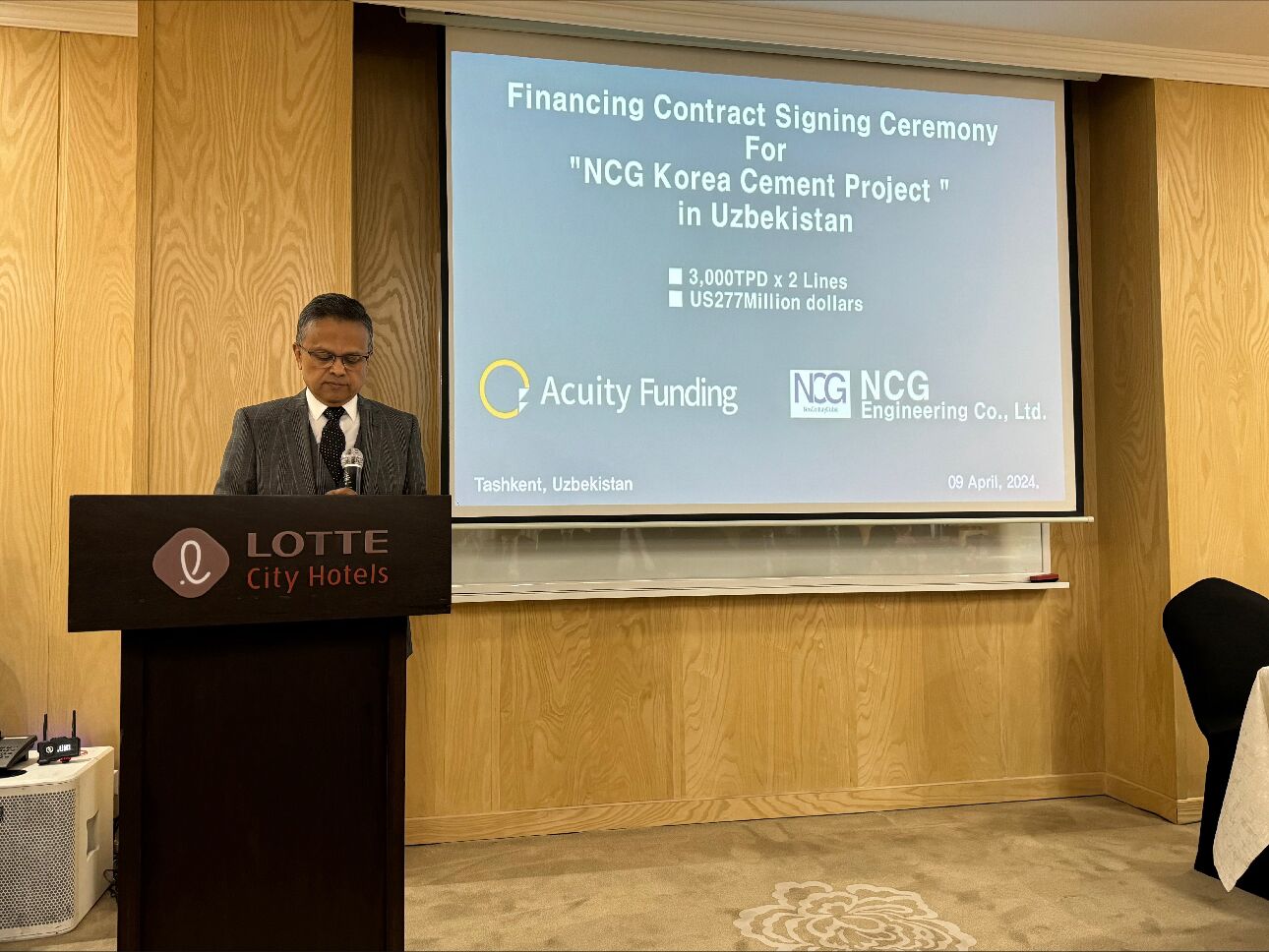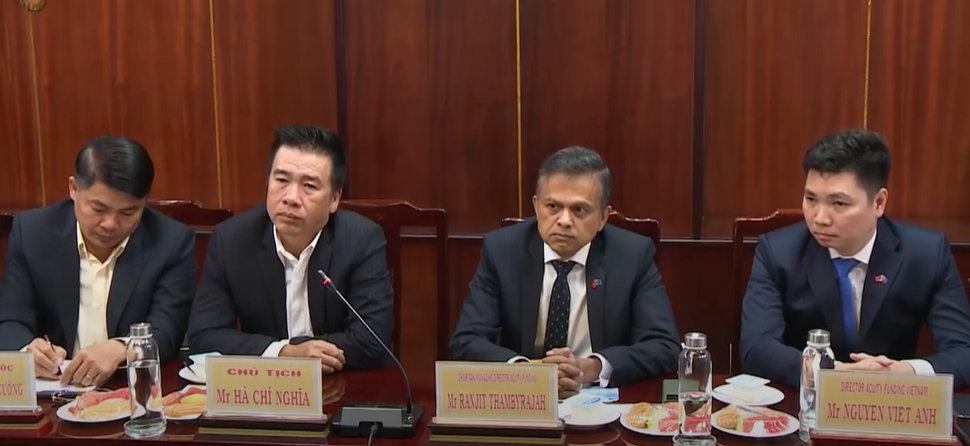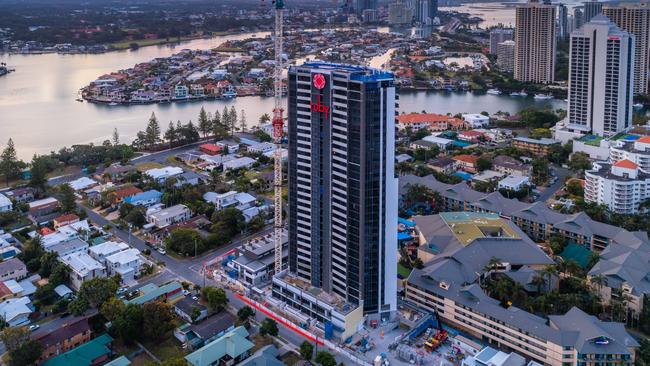Forbes says sustainability will be one of the major business trends of 2024 and Acuity is already well positioned to be a major funding arranger – ahead of global trends and with excellent risk management – to finance the world’s largest sustainability projects.
By Jacquelene Pearson
Forbes has identified sustainability as one of its Top 10 Business Trends for 2024. The expectation that businesses continue to reduce their environmental footprint is “one of the societal trends that are simply too big to ignore or put off until better days”.
According to the United Nations, sustainability can be defined as “meeting the needs of the present without compromising the ability of future generations to meet their own needs”. This concept is not new – the above definition was coined in the 1980s.
The good news is that those organisations and companies that have been early adopters of the “triple bottom line” know that environmental and social sustainability can be highly profitable.
As unsteady socioeconomic times coincide with increasing public concerns about issues including pollution, global warming, poverty and homelessness, Forbes’ prediction about the importance of sustainable projects in 2024 appears reasonable.
Global projects across infrastructure, development, housing, clean energy and water, pollution control, recycling and healthcare are increasingly likely to be classified as “sustainable”.
Even sectors traditionally seen as “dirty” and unsustainable, such as mining, are innovating to slough off that image but also to reduce costs and maximise profits. An increasing number of mining companies are commissioning “green” solutions to power their operations, such as pumped hydro.
Sustainable projects have traditionally been viewed as risky to finance, a bit of a novelty in the business world, but that is no longer the case. Private equity investors, who can see the potential for profits, are more than willing to make funds available via funding arrangers such as Acuity.
Acuity’s CEO, Ranjit Thambyrajah, recently personally signed off on funding for four biomass projects worth $US1 billion, a tyre recycling project worth $US1.7 billion and a range of other hydrogen and nitrogen plant projects worth $US3.7 billion. That’s a total funding agreement of $US6.4 billion for the Tin Thanh Group (TTG).
The Acuity funding will enable TTG to build a tyre retread and truck service plant in the US to reduce emissions, save money and transition the heavy vehicle transport industry to green energy.
Mr Thambyrajah said the TTG agreement cemented Acuity’s position in the Asia Pacific as one of the region’s largest fund arrangers.
Acuity has achieved that status due to its nimble and innovative approach to arranging funds for large-scale projects. Acuity’s status as a non-supervised member of the Society for Worldwide Interbank Financial Telecommunication (SWIFT) bolsters its ability to arrange funding to the tune of hundreds of billions of dollars.
Its status as a non-supervised SWIFT member means Acuity can arrange cross border funding with high levels of speed and security.
If you have a major sustainability project that requires funding and cross-border arrangements consider speaking with Acuity about how it can help.
Jacquelene Pearson is Acuity’s content editor.








